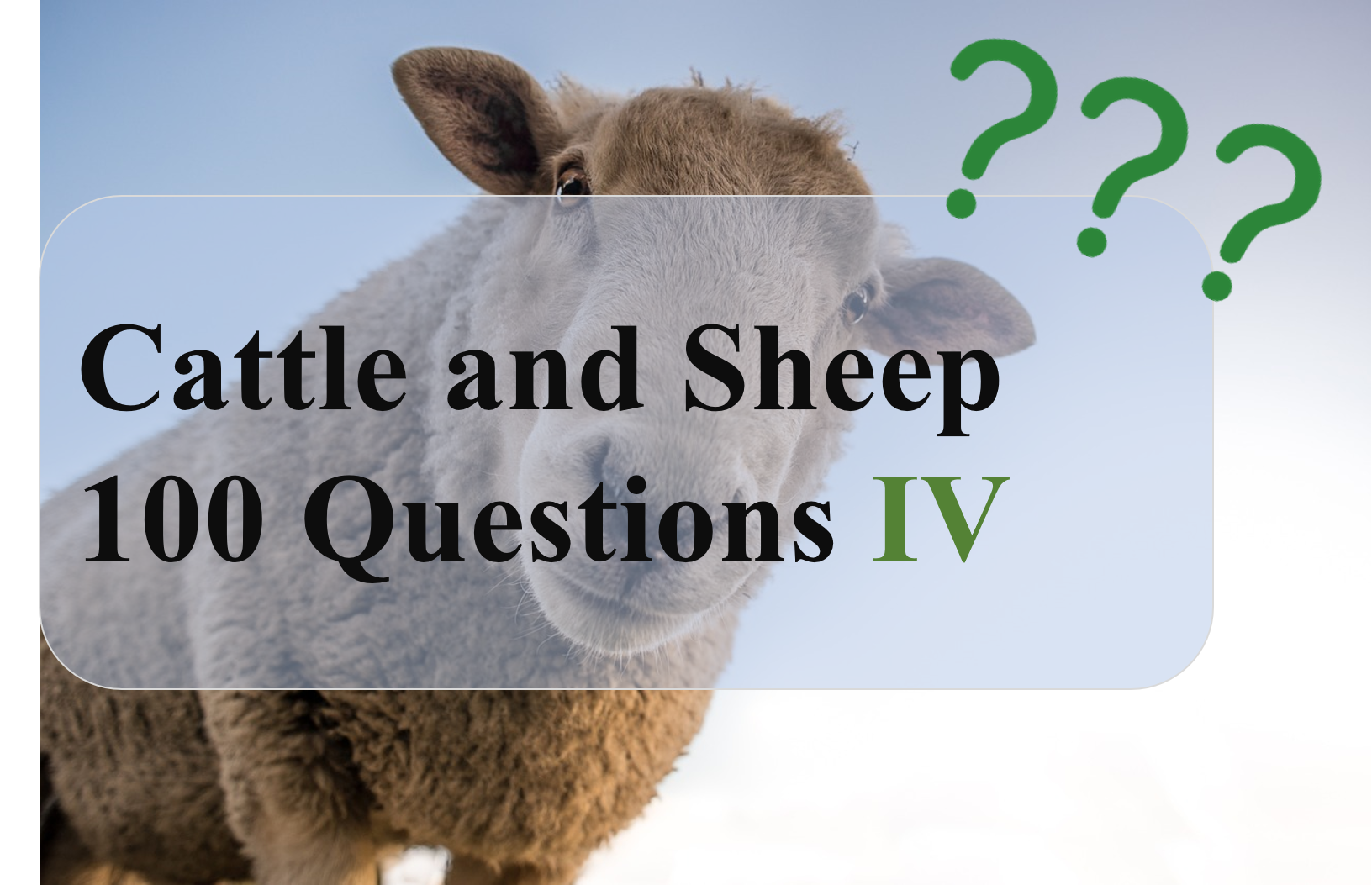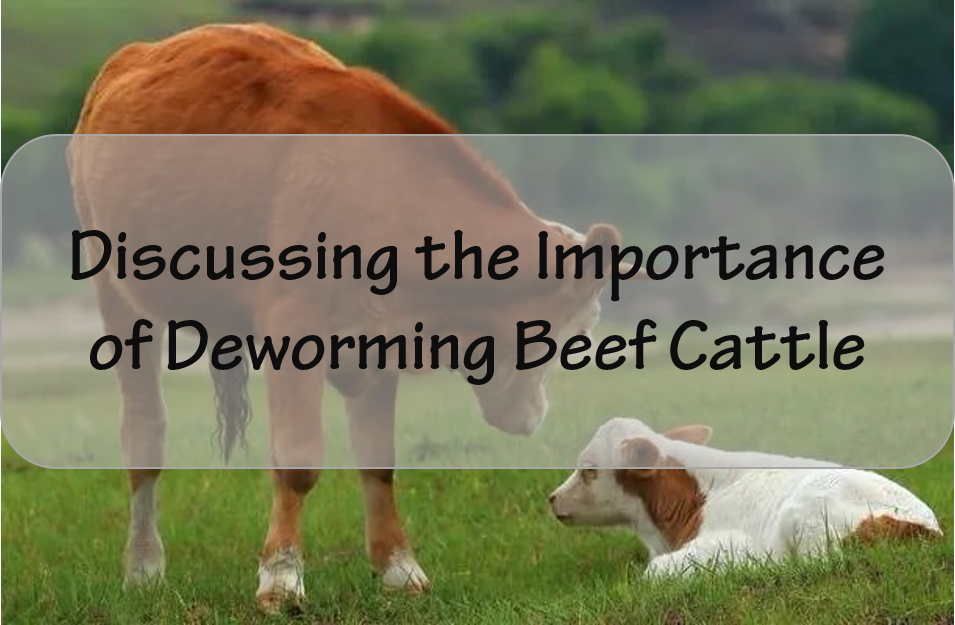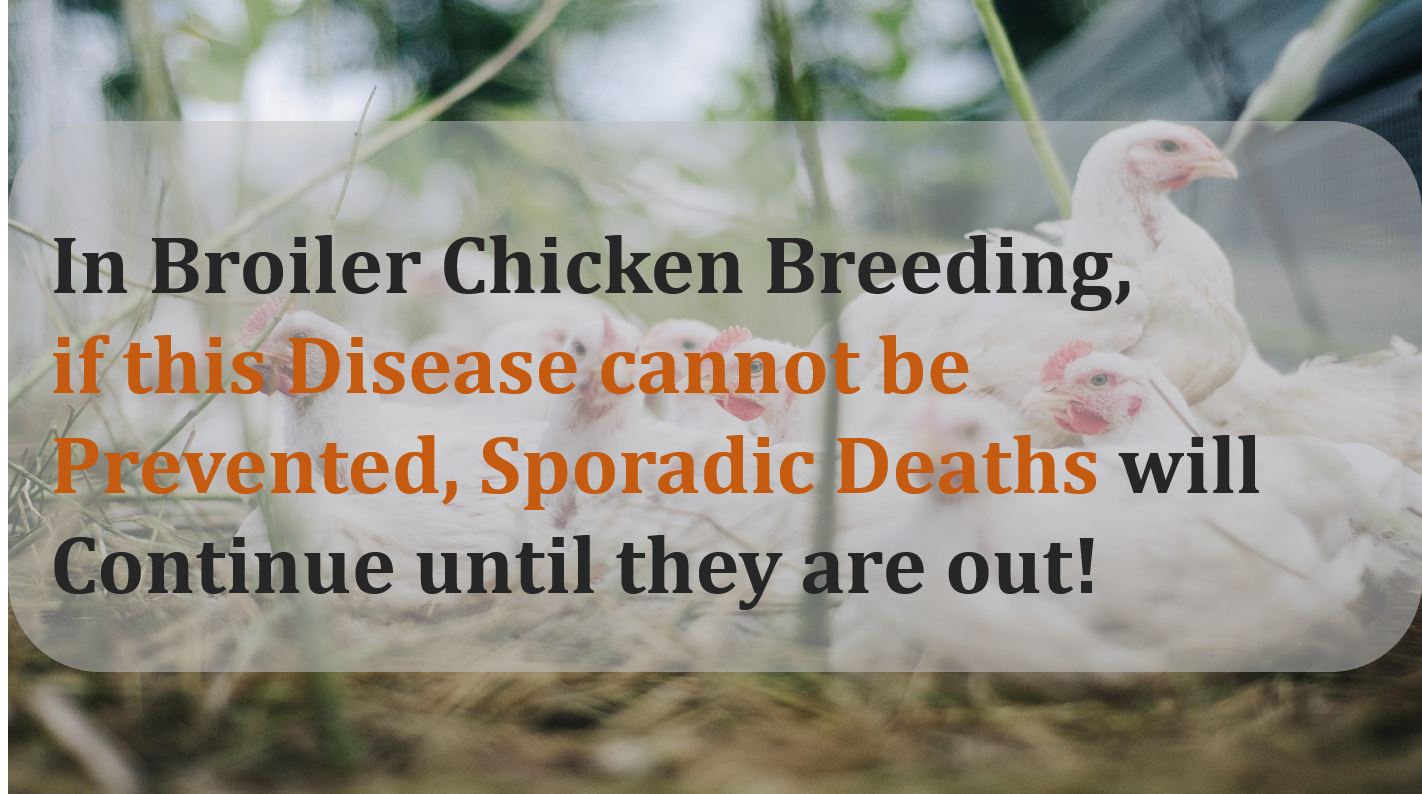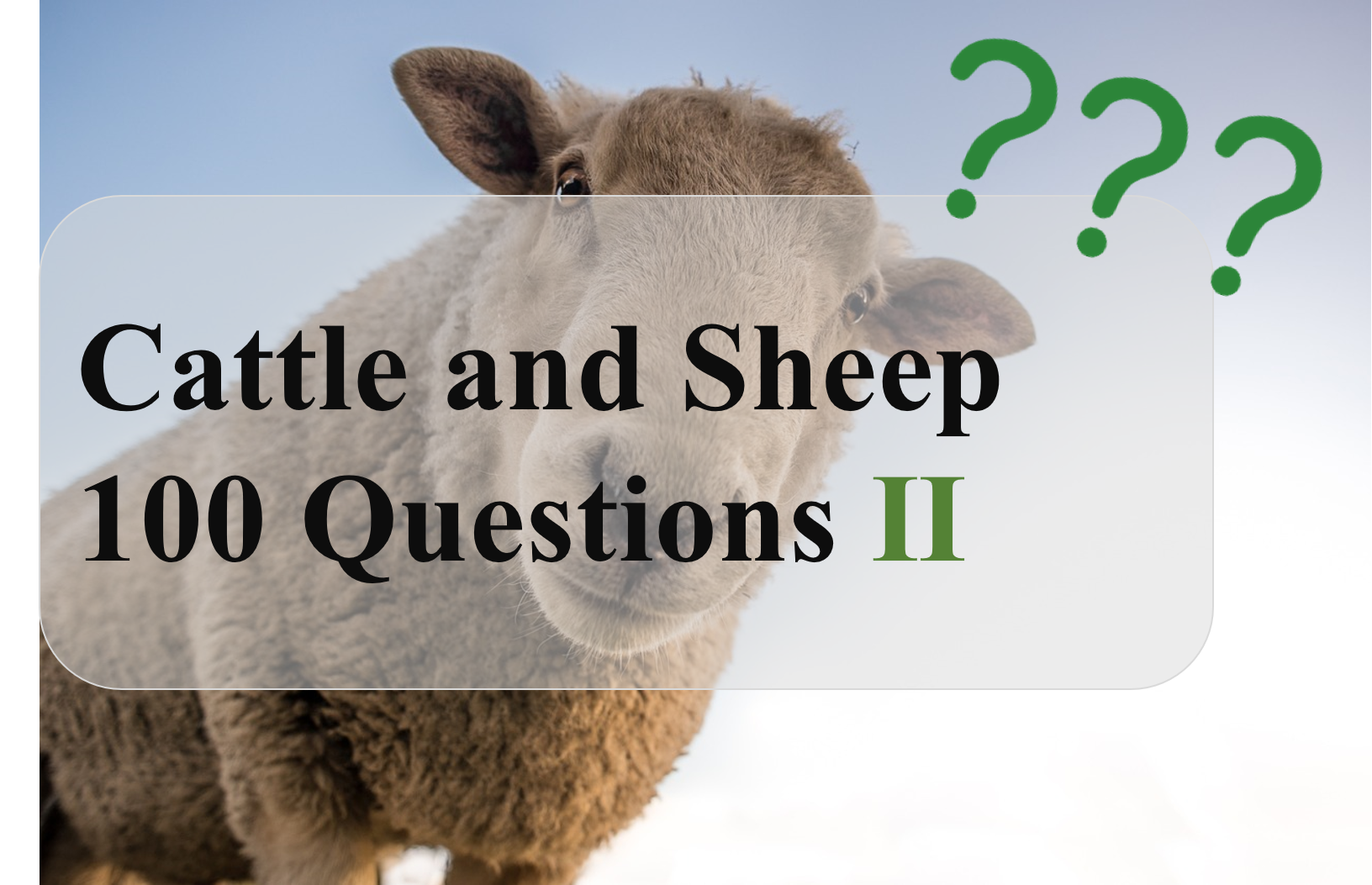|
Milk-Born Bioactive Peptide-EGF and
Breast milk can balance the nutrition of the newborn, so it is very important for the newborn. Breast milk not only provides the main nutrients, vitamins and trace elements for newborns, but also supplements a large number of biologically active substances, such as hormones, cytokines and growth factors. These bioactive factors not only promote digestive function, but also regulate the maturity of the intestinal mucosal barrier. In addition to normal physiological functions, many of these factors have roles in promoting wound healing and repairing damaged intestinal epithelium. The gastrointestinal tract is a complex organ that undergoes many substantial changes early in its formation. Deep growth and morphological and functional changes can be observed in the late stage of intestinal formation and in the neonatal period. The neonatal period is the most critical period for the formation of the gut, because at this time the nutrients in the gut replace the nutritional supplements in the placenta. However, gut maturation occurs before birth, and the amniotic fluid plays a crucial role in this process. The gut removes digestive functions and also acts as a barrier to the gut's internal environment, so its epithelium must be rapidly and repeatedly renewed. All of these processes are regulated by a range of endogenous and exogenous substances, including amniotic fluid and breast milk. Resource and Reference: J Pediatr. 2010 February ; 156(2 Suppl): S31–S35. doi:10.1016/j.jpeds.2009.11.018.  |
 Cattle and Sheep 100 Questions Ⅳ
Cattle and Sheep 100 Questions Ⅳ
 Discussing the Importance of Deworming Beef Cattle
Discussing the Importance of Deworming Beef Cattle
 In broiler chicken breeding, if this disease cannot be prevented, sporadic deaths will continue until they are out!
In broiler chicken breeding, if this disease cannot be prevented, sporadic deaths will continue until they are out!
 Cattle and Sheep 100 Questions Ⅱ
Cattle and Sheep 100 Questions Ⅱ